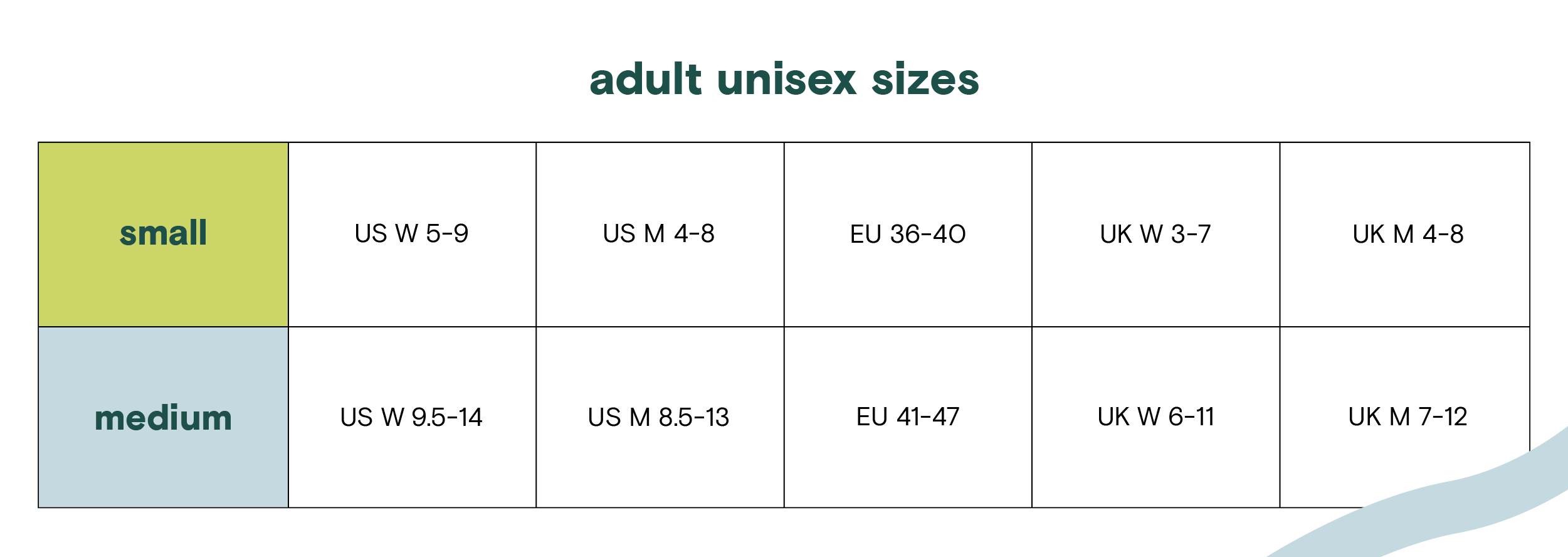Revolutionizing Schools in Kenya
By: Brittni Devlin
Education is something that is often taken for granted in developed countries. We have all faked a cold to get out of class or complained that the weekend was way too short. Education has become a luxury to us, but it is important to remember that it is a privilege that many have to fight for.
For children living in impoverished communities in developing countries, this privilege is often something that seems well out of reach. Limited resources and inefficient support can make earning an education next to impossible. Of those that do manage to enroll, many end up dropping out to start work or fall too far behind and lose the confidence to continue on. In some cases, this is entirely up to the child. It isn’t uncommon for the decision to leave school to be made by the parent, especially when it comes to the female students. There are many different ways that organizations have tackled this problem head on, from donating books, volunteering to teach, and even offering financial incentive to families of children who stay enrolled. While effective, the rise of electronics offers a new way for us to reach out.
Advancements
Photo Credit: One.org
Technological advancements are making education easier than ever. Technology is becoming affordable, helpful, and accessible, making it easier than ever to get underprivileged children the access to a good education that they deserve. iMlango is one such organization that has sought to do this.
iMlango has one mission in mind. To bring the basic right of education to the disadvantaged students of Kenya, specifically the girls who are often marginalized from the system. This program was designed specifically for these children, and aims to give the students valuable skills they can carry into their lives and the lives of their future children. The program allows students to get the individual attention that they need, offering a new approach to teaching that makes the lives easier for teachers and students alike.
iMlango recipients are gifted with two sQuid Android tablets that react to the presence of the child’s personal attendance card -for a surefire way to watch a child’s school attendance. The device is designed to work even without a constant, secure internet connection so even remote schools can use this. The children use the donated PC laptops to create their own iMlango accounts and enter the online classroom to explore reading, math, and English. As an estimated 90% of their parents are illiterate, this may be a child’s only way to learn their subjects.

Many of the communities located in the Sub-Saharan regions are struck with hardship, suffering from a poor economy, limited resources, and an unstable political climate. Over half of the people living in these regions live on under $1.25 a day, and with limited access to electricity, water, and sanitation, the communities are faced with low living conditions. Unless something is done about the situation, things will fail to change. People will continue working hard in their daily lives, struggling so their families can just about survive. However, education is a tool these students can learn to tackle poverty head on!
Education is often seen as a ticket out of poverty. It can open the doors for them to new opportunities and the tools they need to help the rest of their community. However, do to the economic climate of their homes, even things that seem “affordable” by our standards can be quite expensive. Such a little change on our part can make a difference in their world.
Somewhere out in those classrooms is a child who can make a difference. These students are potentially future scientists and doctors, future politicians and educators. These children have the potential to make a difference in the world, all they need is the opportunities to show it.










0 comments